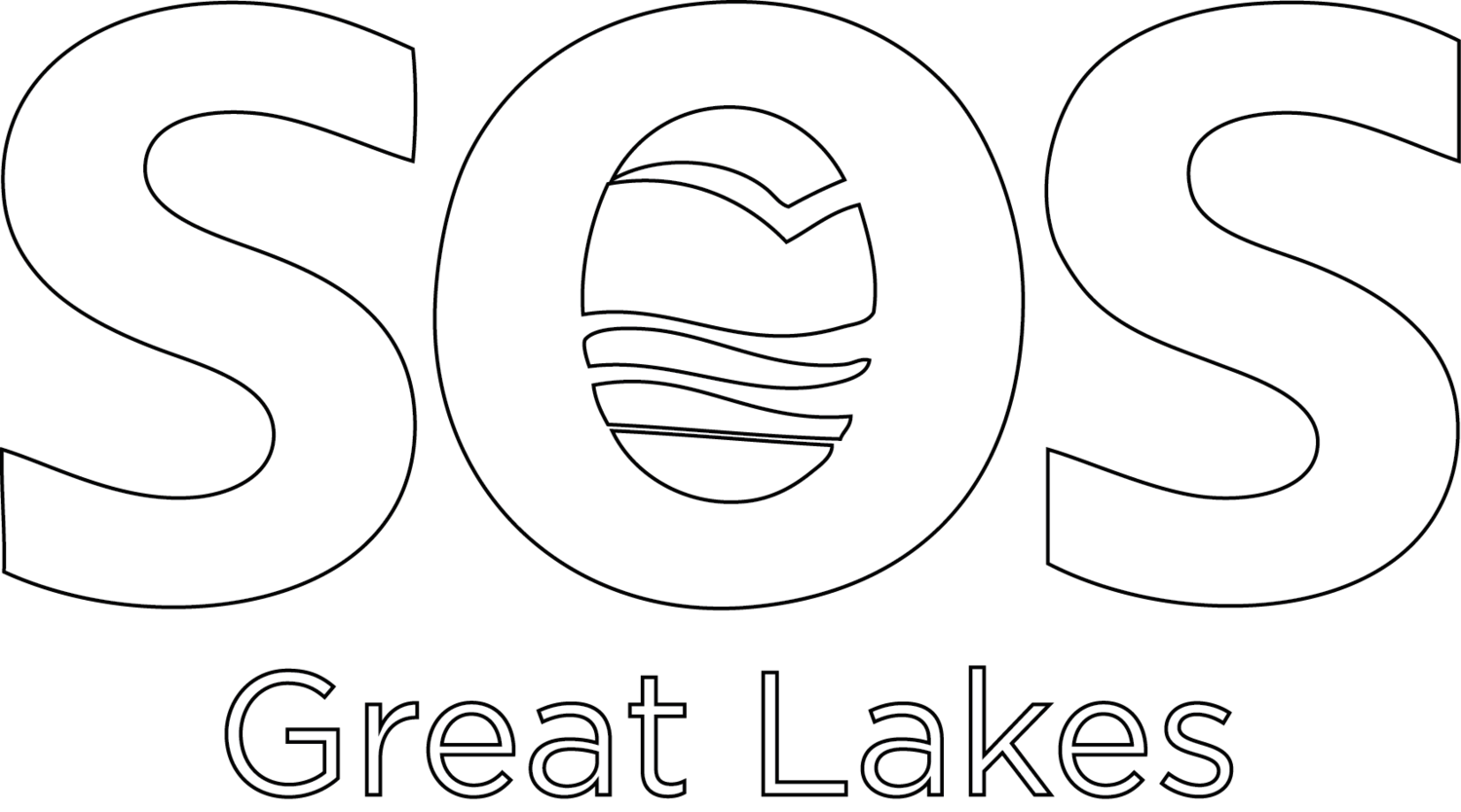On Wednesday May 17th, 2017, Jill Taylor (President of SOS Great Lakes) attended the Great Lake People's Summit hosted at the Canadian Environmental Law Association (CELA) office in Toronto, ON.
The Summit was a wonderful opportunity for SOS Great Lakes to connect with representatives of environmental groups from all around the Great Lakes Basin including Ontario Headwaters Institute, Freshwater Future Canada, Ontario Metis Nation, Environmental Defence, WWF-Canada, Chippewas of the Thames First Nations, Sierra Club Ontario, and Lake Ontario Waterkeeper.
During the day, we work with other experts and stakeholders to strategize on Ontario public policy priorities for the Great Lakes Basin and develop collective action plans. Priorities that were identified included researching fish health and consumption guidelines, reducing exposure to endocrine disrupting chemicals (EDCs), improving storm water management, and increasing education & engagement on issues impacting the Great Lakes.
Over the next 12 months, the priorities will be reviewed and action plans will be implemented. A follow up meeting will take place in the fall of 2017 so that progress can be reviewed and strategies can be updated.


